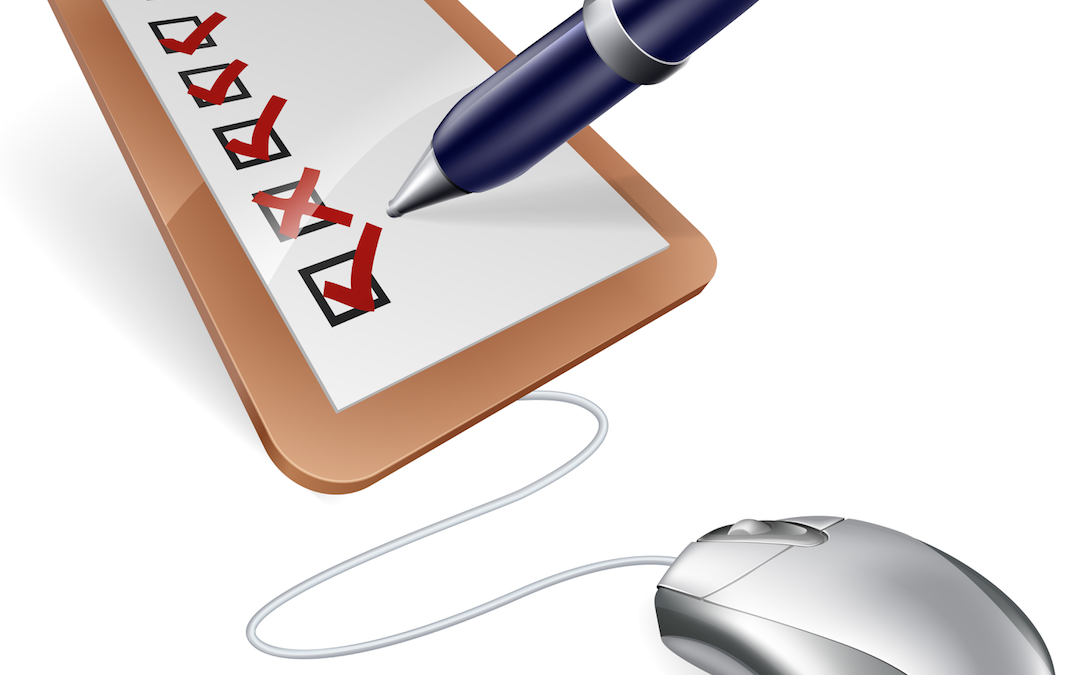
How to Improve Your Performance on Multiple Choice Questions

1. Select a set of 60 random questions from a good source(questions you have never seen before). Set a pace of one question per minute on average or 60 questions in one hour.
2. Set a timer for one hour. Practicing in a timed environment will help you develop reading fluency and reading accuracy.
3. Use an “active” reading process, not a passive one, to answer the MCQs. Try to answer the MCQs without reading the distractors–predict what the best response might be. Record your answers on the numbered sheet and make a notation next to each indicate either: I know this (KNOW), I think I know this (THINK), or this is an absolute guess (GUESS).
4. When the hour is up, do NOT score the questions. Read the explanations without knowing if you got them right or wrong.
5. Repeat the exercise taking as much time as you need–linger and reflect.
6. After repeating the exercise, look at the answers and score yourself. Do NOT determine how many questions you got correct until you’ve read the explanations. If you selected the wrong answer, you are more likely to be defensive and try to come up with excuses as to why you got it wrong. It’s better to read the explanation with an open mind.
7. Compare your scores (timed with untimed).
8. Determine how many, as well as which questions you got right and wrong within each of three categories: Know, Think, Guess. This is the point of this exercise. You need to gauge the accuracy of your metacognitive knowledge meter–when you are sure you know the answer, you want to get it right. If you guessed and you got it wrong, it’s ok. But, when you get a question wrong that you thought you knew, then you need to figure out why.
9. Note what these mistakes are, then think about what to do so you can correct this problem. Whether you got something right or wrong when you only thought you knew the answer or you guessed means that YOU NEED TO DO some focused studying in that area. It points to a weakness in your CONTENT KNOWLEDGE. Getting something wrong that you were fairly confident you knew, on the other hand, presents a bigger challenge. You need to determine exactly why you missed the question you thought you knew.
IF you were familiar with the information but had difficulty recalling specific details or make the proper associations–your challenge likely lies with the method you used to commit the content to memory (review memory techniques and study skills).
IF you misread the stem of the question, you need to enhance your reading skills.
IF you selected a correct answer, but not the best answer, you need to work on your test-taking skills.
IF you knew the correct answer but wrote down an incorrect response, you need to focus on minimizing errors during the test.
Use this procedure to identify why you are missing MCQs and learn how you can improve your test-taking skills.
________
Linda L. Carr, Ph.D., Founder/Principal at Coaching for Medical Specialty Boards, is a medical educator and learning specialist who coaches physicians preparing for specialty boards through virtual, one-on-one coaching. Visit www.DrLindaCarr.org to learn more about her program and download her FREE Study Guide.
